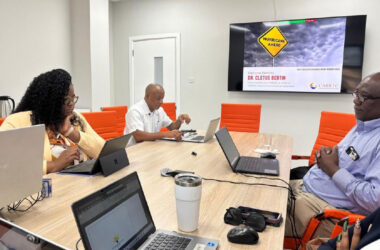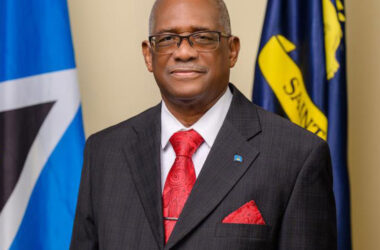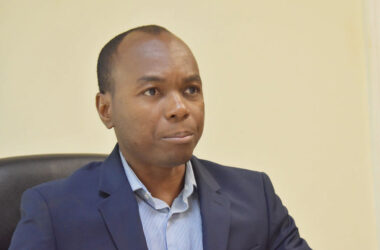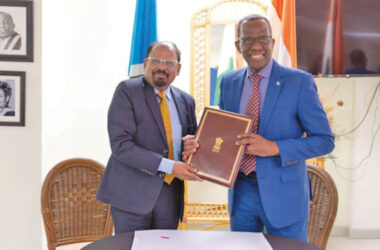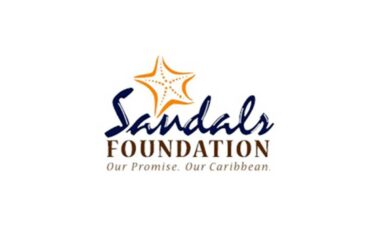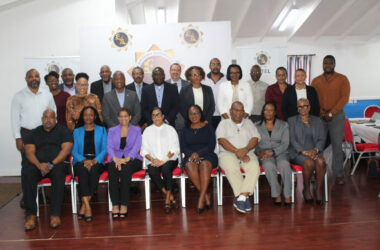As the country steps up its fight to combat the Covid-19 virus—a crucial sector of public transportation wants greater recognition to carry out its duties more efficiently.
The National Council on Public Transport [NCOPT] is calling on the authorities to recognize mini-bus drivers as ‘frontline workers’ and part of the essential services.
NCOPT President Godfrey Ferdinand in a recent interview with this publication said that, whereas there may have been pronouncements made by Transport Minister Guy Joseph regarding granting recognition to mini-bus drivers as frontline workers, he was not aware of any official definitive on that issue.
He further argues that no allocation has been made within the national budget to accommodate or provide support for mini-bus drivers.
“While we are operating as an essential service there is no recognition of that by the authorities,” declared Ferdinand
He said whenever PPPs are being given to the essential services and frontline workers “we are never considered…consideration should be given to us as frontline workers.”
Speaking to reporters, recently Transport Minister Joseph has hinted that recognition should be given to the mini- bus drivers as ‘frontline works’ and the drivers should be incorporated into the network as part of the essential services. However, no forthcoming pronouncements have been further related on this latest issue.
Ferdinand adds that, “as frontline workers and essential service providers we are wondering that why even when there is a budget that nothing is ever allocated to us, in terms of any financial assistance, it’s like we have to be begging.”
The NCOPT president further states that the bus drivers negotiations with the government has been pending for more than a year in terms of COVID payments or ‘income support’.
Ferdinand complained that the mini-bus drivers feel aggrieved by the lack of ‘income support’ for that sector, as they try to navigate their operations in these challenging COVID-19 times.
“It is something that is very disturbing in that every other sector receives some form of income support but we did not receive any income support,” he lamented. “What was given to us, was money owed to us for over two years …”
In response to the issue of vaccination, the NCOPT president said: “My opinion is that whosoever in the sector wants to be vaccinated, they should consider them just like anyone else, as a frontline worker.”
Though the NCOPT president admits that government has provided some form of concessions to the sector, in terms, of the purchase of mechanical parts and other such stuff, he notes that in discussions involving technocrats, government authorities and health personnel there has never been due consideration given to mini-bus drivers as essential workers.
Ferdinand says that while they await further word from the authorities on that matter, the NCOPT has plans to take on a more “business minded” approach to the sector.
He said that mini-bus drivers need to move forward as a more cohesive unit, to effectively access better financial prospects for the membership.
Ferdinand proposes that the drivers take a more collaborative approach to “securing loans from the banks” and other financial agencies.
He said that their strength in numbers could bring about more ‘financial security’ for the mini-bus drivers and make them more liable to conduct effective business transactions on behalf of their members.
He added that in their quest to better manage their business operations, other factors to be taken into account will also involve the provision of insurance for drivers.
Ferdinand says that though it’s still a work in progress, he looks forward to other business projections that would better favour the drivers financial intake, such as a cashless payment system, lower interest rates, re-financing of loans and lower premiums.



